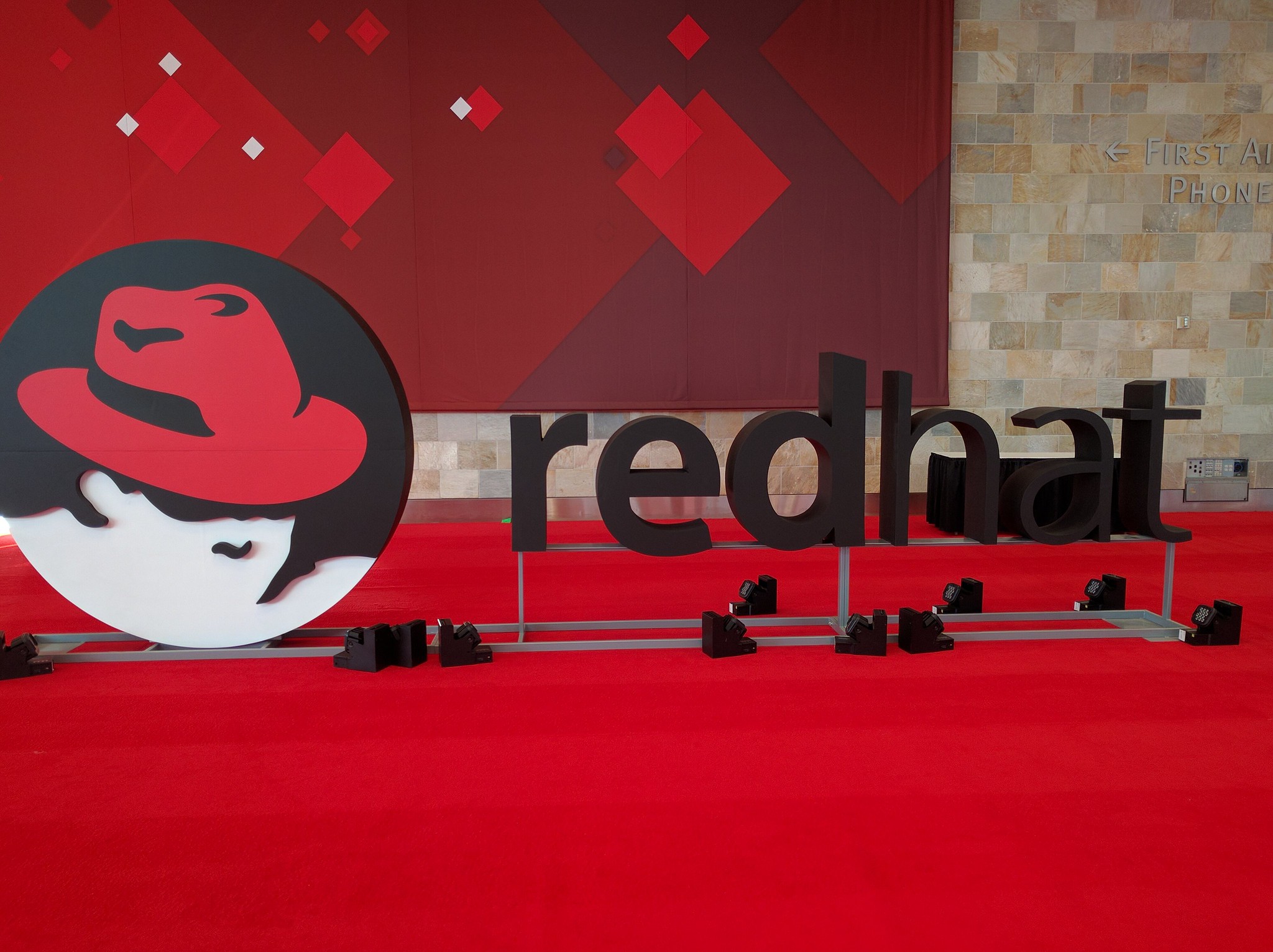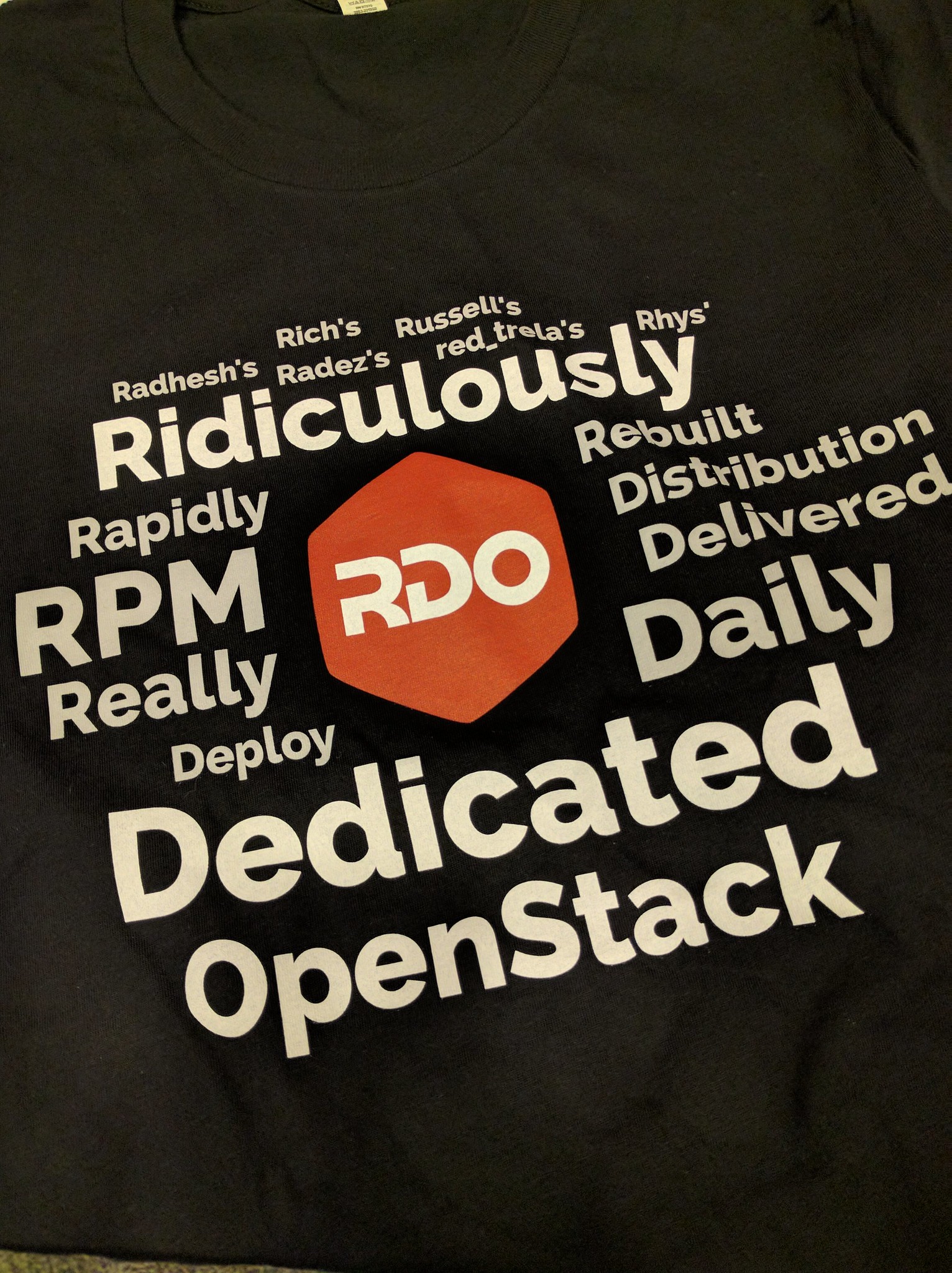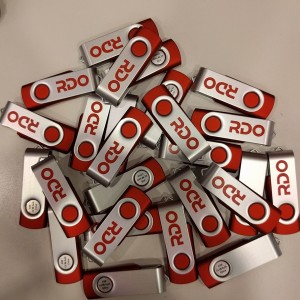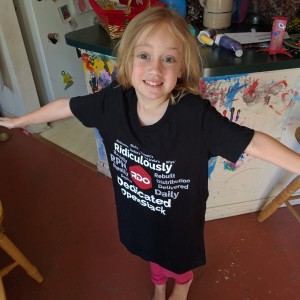This weekend I’ve been attending the Ohio LinuxFest in Columbus. I haven’t been for several years, so it was nice to get up here and see some familiar faces, as well as attend a great conference.
On Friday, I spent the whole day talking – I gave a 3-hour Apache HTTP Server talk in the morning and a 3-hour mod_rewrite talk in the afternoon. Attendance wasn’t great in any of the training classes, apparently, but they were good groups and asked great questions, leading me, as always, to wonder whether they gained much from the class, as so many of them seemed to already be so knowledgeable. They said nice things afterwords, so I guess it was ok.
On Saturday, I attended 5 talks. In the morning I went to a talk by Tod Egen about the IBM Watson project – that’s the computer that played on Jeopardy a while back. It was fascinating.
Next, I gave my “Write A Better FM” talk, about customer support, technical documentation, and not being a jerk. As Skippy put it, I spent an hour saying “Don’t be a jerk.”
By the way, my presentations are all on Slideshare.
Next, I went to Scott “Skippy” Merrill’s talk about open source skills and jobs. This was a very interesting talk, in which he encouraged us to consider open source experience as a job skill that has every bit as valid a place on our resume as paid jobs. I was surprised by how few people raised their hands when asked whether they list their GitHub page on their resume – I was the only one. I also list my Ohloh page, because I figure my contributions to Open Source constitute my most valuable job experience.
Then I went to a talk about how to write a technical book. This was very interesting, in the sense that I disagreed with almost everything that was said. That is, my experience of writing technical books was obviously *completely* different from hers. For a start, she assumed that to write a book, you’d take 3 months off of life and write full time. While this is something I wish I had the luxury of doing, there’s a couple reasons why I’d never do this. One, I need to pay the bills. Two, (which is really the same reason) writing a technical book is not something you do for money unless you are Donald Knuth. (I’m not, by the way.) Having said that, she did encourage me to start writing more. Clearly, I don’t write often enough, and I’m sure my editor at NoStarch agrees wholeheartedly with that sentiment.
Finally, I went to a bit of Bradley Kuhn’s talk. I’ve always thought that the arguments of the Free Software Foundation, and like organizations, hold together remarkably well, if you accept their initial premises. I don’t, but I respect their passion and their clearly argued positions. However, sitting in Brad’s talk, I began to realize how much the last ten years with the Apache Software Foundation have caused my thinking to drift away from that of the ‘Free Software’ advocates. The presumption that it’s unethical for me not to have the source code of your software perplexes me. He stated these things as though they were self-evident, and I suppose they are to him, but I couldn’t help but wonder how we could arrive at two such disparate conclusions given the same information. I *think*, at a very simple level, that it’s a difference between focusing on the rights of the programmer vs the rights of the customer. But I’m sure there’s so much more to it than that.
Anyways, all told, it was a very enjoyable conference. As always, the time spent outside the talks was at least as valuable as that spent in the talks, and the talks were more valuable than those at many conferences I attend. I particularly enjoyed talking with Skippy, Elizabeth, Chris, Mike, and Warner. I love hanging out with people who are passionate about what they do, and there were several times when one person or another would suddenly get sheepish because of the passion and fervor with which they had been talking about something. Delightful.





